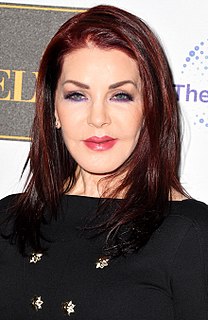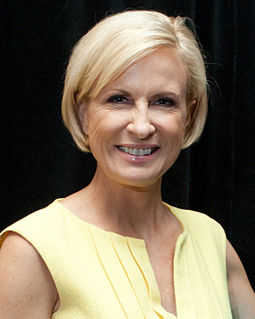A Quote by Katie Couric
I could announce one morning that the world was going to blow up in three hours and people would be calling in about my hair!
Related Quotes
I’m going to kill myself. I should go to Paris and jump off the Eiffel Tower. I’ll be dead. you know, in fact, if I get the Concorde, I could be dead three hours earlier, which would be perfect. Or wait a minute. It -- with the time change, I could be alive for six hours in New York but dead three hours in Paris. I could get things done, and I could also be dead.
I remember so clearly, in the early days, if I had to do a piece of press, they'd phone for me and say, 'Oh, we're going to bring hair and makeup, it'll take about five hours.' And I said, 'Well, if it was Ian McEwan, would it take about five hours? Would there be hair and makeup? Cause if that's not the case, then don't bring the hair and makeup.' So, it's fascinating that they just assume: it's a young woman, she must want to be photographed for five hours. She must have nothing better to do than delight in trying on all your shoes. But it's not the case.
When I am writing a novel, though, then it's usually three or four hours a day. Ideally, right after lunch until three or four, but sometimes picking up again around ten, going until a touch after midnight. I rarely write in the morning, unless I'm on deadline. I do like rewriting in the morning, though. Guess it's the way my brain's put together. Or, the way it's falling apart.
Carl Armstrong was one of those people in the anti-war years who had been so convinced of the righteousness of their cause that he and some friends decided they would blow up a building at the University of Wisconsin, in which they said research was being done to help the war against the Vietnamese. What they blew up at three or four in the morning was a young scientist, who was married and had a couple of kids, who wasn't working on war stuff at all. And he was killed.

































